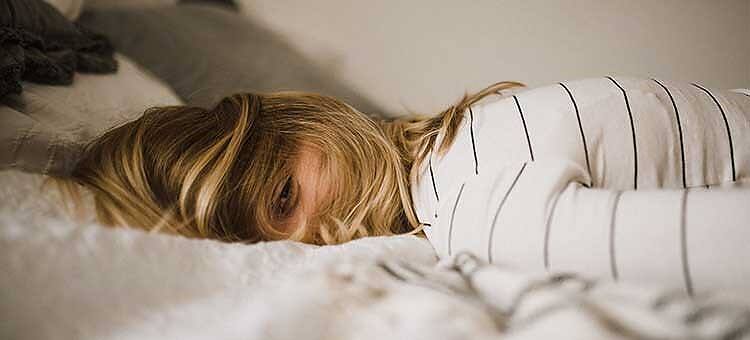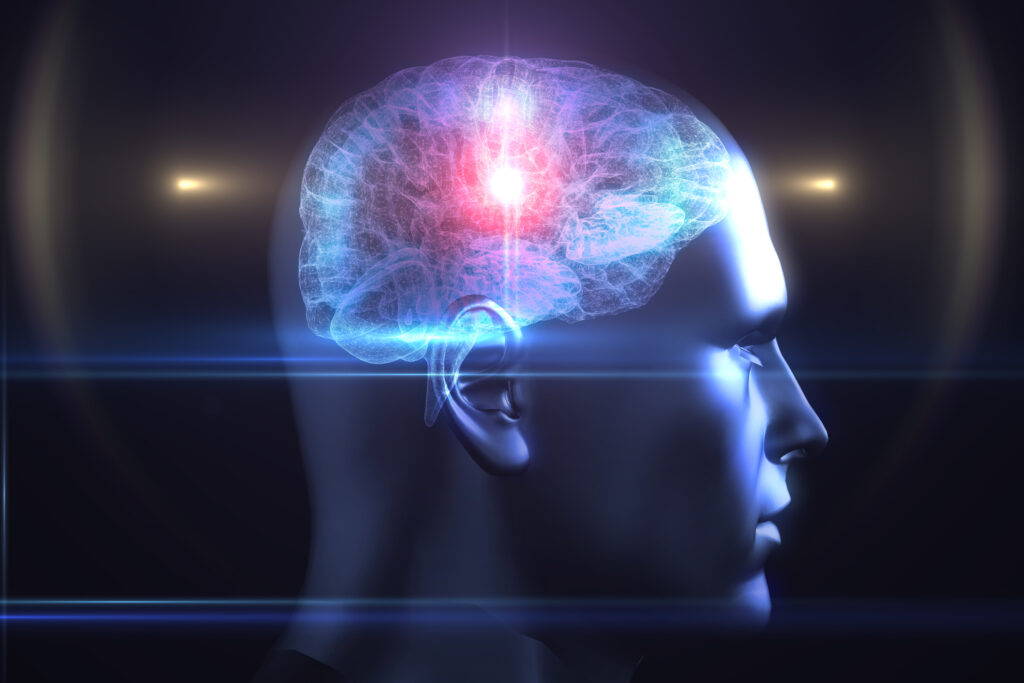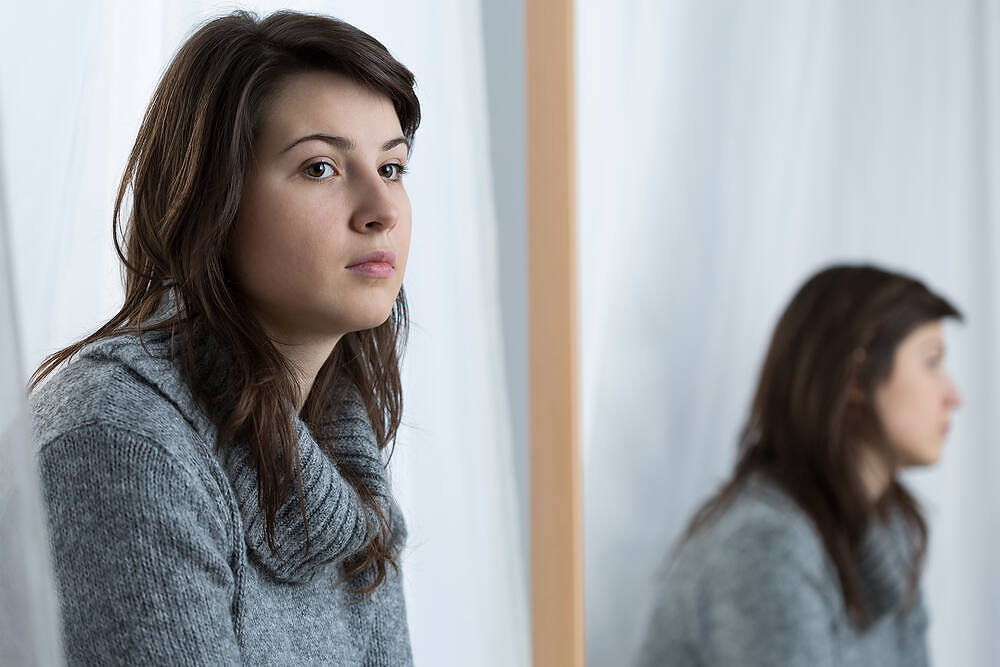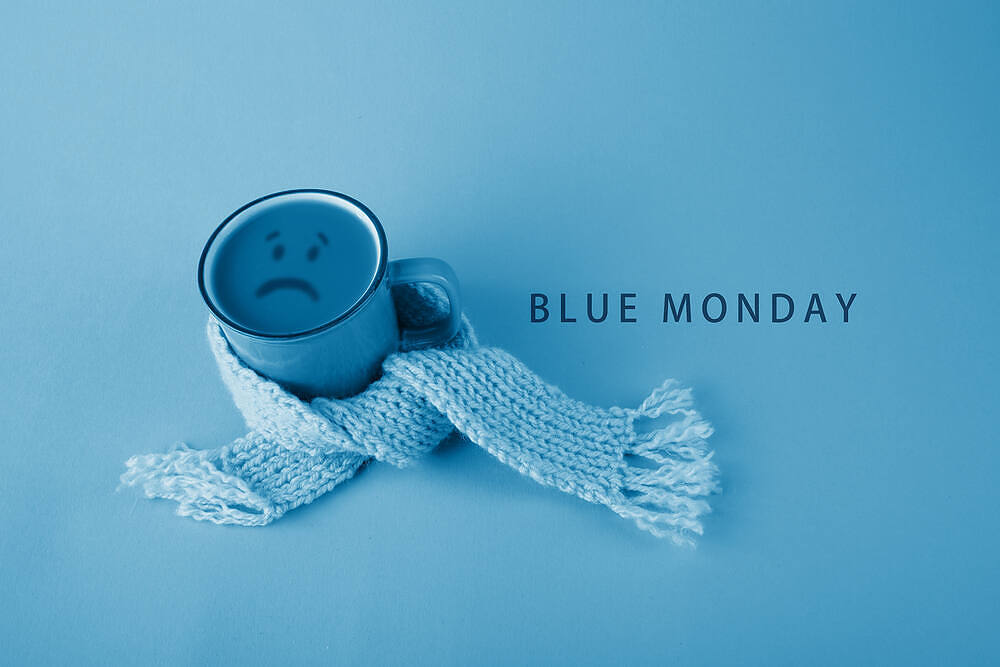Your Guide to Achieving a Healthy Sleep Pattern
Sleep deprivation or insufficient sleep is the condition of not having enough sleep. This lack of sleep can have profound consequences on your physical health, puts you at risk of serious medical conditions and can even shorten your life expectancy. Getting a proper night’s sleep is essential for a long and healthy life. Addiction disrupts every part of your life including sleep. Sleep and addiction are intrinsically linked with sleep deprivation being present throughout addiction and recovery.
Your Guide to Achieving a Healthy Sleep Pattern aims to help you take back control of your sleep and boost your health while maintaining your sobriety. It can help you understand the connection between addiction and sleep deprivation and provides simple lifestyle changes and techniques you can employ to make a difference in your quality of sleep.
Signs & symptoms you are abusing drugs or alcohol to help with sleep deprivation
Psychological symptoms of addictions:
- Binge drinking or drug dependent to fall asleep
- Mood swings
- Increased temper
- Tiredness
- Paranoia
- Defensiveness
- Agitation
- Inability to focus or concentrate
- Poor judgement
- Memory problems
- Diminished self-esteem and self-worth
- Feelings of hopelessness
- Exacerbation of any existing mental health conditions such as depression, anxiety or stress
Behavioural and social signs of addictions:
- Secretive or dishonest behaviour
- Poor performance and/or attendance at work or school
- Withdrawing from responsibility and socialising
- Losing interest in activities, hobbies or events that were once important to you
- Continuing to use the substance, or engage in certain behaviors, despite the negative consequences that these cause
- Trying but failing to reduce or stop misusing a substance, or engaging in certain behaviors
Physical symptoms of addictions:
- Lack of concern over physical appearance/personal hygiene
- Periods of alcohol abstinence bring about uncontrollable shaking, nausea, hallucinations and seizures
Reasons people use alcohol and drugs to get to sleep
People suffering from sleep deprivation and insomnia will find it easier to get to sleep by using alcohol and drugs as a sedative. Some people who have insomnia can’t explain why they have this condition, but others find it connects to issues like Tinnitus, pain, anxiety, substance abuse and many other reasons.
The Relationship Between Sleep Deprivation and Addiction
Understanding how alcohol and drugs affect your sleep pattern and your wellbeing is the first step to improving your sleep. Whether you use regularly, are currently in withdrawal or are undergoing rehab treatment and abstaining, your addiction may have more to do with your sleep disruption than you appreciate.
Many people mistakenly use alcohol or other drugs like cannabis as a sleep aid to help them fall asleep and combat their insomnia, increasing their risk of dependence and addiction. Consuming alcohol may indeed help you fall asleep because it is a depressant, but alcohol-induced sleep is not restful sleep. Alcohol actually disrupts sleep and your sleep pattern, leading to an increased risk of bedwetting, night sweats, snoring, early waking and possible sleep apnoea.
Alcoholics spend less time in REM (Rapid Eye Movement) sleep, an essential stage of sleep to enable dreaming, the processing of thoughts and memory. Without proper REM sleep, your mind is affected, and your mental performance suffers making it difficult to concentrate and make decisions. Cannabis use as a sleep aid, may not cause early waking like alcohol, but it still interrupts sleep and causes insomnia. Cannabis users who quit are prone to vivid and strange dreams afterwards. Stimulant drugs like cocaine, ecstasy and amphetamines are all energising drugs, and these affect the ability to sleep during and after use causing insomnia, which may last for weeks or months.

Insomnia and sleep deprivation caused by alcohol or drug addiction has a range of symptoms including difficulty falling and staying asleep, disruption to proper sleep cycle and tiredness and fatigue during waking hours. Unfortunately, battling with these symptoms can cause many people in recovery to relapse.
There is a grave temptation for someone to break their sobriety, as a coping mechanism to deal with insomnia and in an effort to get a good sleep, or as a result of poor judgment caused by sleep deprivation, Recovery is a difficult journey in itself, and it can feel daunting for someone suffering daily without proper and adequate sleep.
What to do if your using addiction to treat your insomnia
- Don’t stop drinking alcohol without speaking to your doctor or an addiction adviser as immediately stopping drinking can cause seizures and sometimes death can occur.
- Detox plus can organise a safe at home or rehabilitation detox supervised by trained medical staff.
- Detox Plus can then find you free local AA or NA meetings in your area, counselling or rehabilitation programs.
Getting Your Sleep Back On Track
There are simple lifestyle changes that can make a world of difference to your quality of sleep and help beat insomnia and sleep deprivation. If you are using alcohol or drugs be very careful when addressing your sleep deprivation.
If you know that your addiction is having a direct impact on your sleep pattern, and you are looking to find a healthy way to cut back or even stop using altogether or if you are a heavy user, then reducing or cutting out alcohol or drugs completely may lead to dangerous detoxification and withdrawal symptoms Therefore it is very important to seek professional help so you can effectively treat both problems together.
The best way to fight insomnia involves changes to daily habits and adjusting your sleep environment. If you experience difficulty falling asleep, begin a regular bedtime routine to help you prepare for bed and unwind. Your routine is what best works for you, but importantly, once your routine is organised, then stick to it:
- Bedtime – Get ready for bed around the same time each night and only go to bed when you feel tired. Sleeping at regular times and keeping regular sleeping hours programs the brain and body’s internal body clock to get used to a set routine.
- Relax – Do the same activities to unwind at least one hour before bed, like enjoying a nice warm (not hot) bath, reading a good book, or practising relaxation techniques.
- Bedroom – Your sleep environment is very important to aid your sleep. Ensure your bedroom is dark, cool and quiet. Make simple changes if it is not like adding blinds or curtains to ensure the room is dark. Light naturally signals your body to awaken so keep exposed light to a minimum. Make sure your bedroom is a quiet place and use an eye mask or earplugs if required.
- Remove Disruption – Remove any disruptive noisemakers like televisions and computers. Many people require sound to fall asleep, so use devices to aid sleep like phone and tablet apps. To maintain a quiet space in your bedroom then ensure your bedroom is only used for sleeping in. Make sure your mattress, pillows and covers are comfortable. Do not lie in bed using electronic devices like your phone or tablet. Reprogram your brain to understand that your bedroom is for relaxing and sleeping in.

There are also other easy changes you can make to your routine:
- Exercise Regularly – Exercise aids sleep; therefore exercise during the day, no later than at least three hours before your intended bedtime, or your body may have difficulty unwinding.
- Eating – Avoid eating late at night and ensure you are well hydrated during the day to avoid toilet trips during the night.
Whatever stage of addiction recovery you are at, don’t give up on achieving a good night’s sleep. Talk to a professional about finding ways to treat your sleep deprivation without jeopardising your sobriety or recovery. Give your body and mind time to get used to its new sleep routine, and restful sleep awaits you.
Helping A Loved One Get Off Drugs



